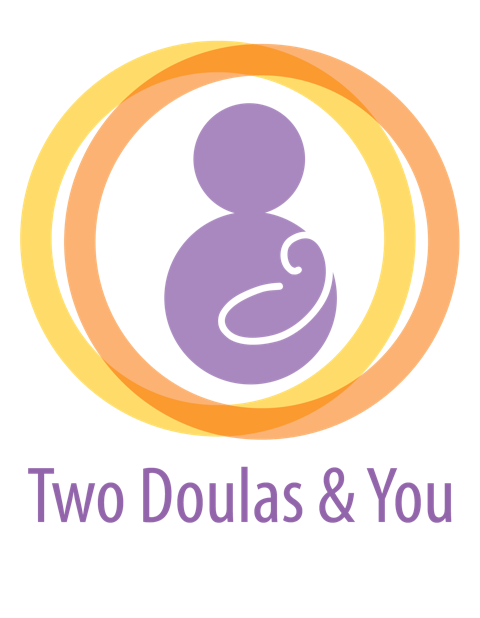When the “Baby Blues” Are More Than Just The Blues
May is maternal mental health awareness month. According to the World Health Organization, about 10% of pregnant women and 13% of postpartum women experience a mental disorder–primarily depression.
Baby Blues
The “baby blues,” which are a result of hormonal changes in our bodies as we prepare for and recover from birth, are common. These temporary mood swings gradually diminish over the first weeks and months after giving birth, as our bodies adjust to no longer being pregnant. Common signs of the baby blues include:
Anxiety, sadness, irritability
Loss of appetite
Trouble sleeping
Crying for joy and for sadness
A sense of overwhelm
PPD & PPA
For 1 in 10 women whose baby blues persist or evolve into more severe, longer-lasting depression and anxiety, the struggle can lead to more serious consequences for both parent and baby. Postpartum depression/anxiety disorder (PPD/PPA) can strike after delivery and affects women within the first year after giving birth. It can also affect 5% of birth partners. PPD/PPA may last for several months or longer if left untreated. Common signs of PPD/PPA include:
Depression, severe mood swings
Frequently crying
Intense anger and irritability
Severe anxiety and panic attacks
Extreme fatigue and loss of energy
Withdrawing from family and friends
Trouble bonding with baby
Feelings of not being a good mother
Feelings of shame, guilt, worthlessness
Loss in pleasurable activities
Loss of appetite or eating more than usual
Trouble sleeping or sleeping too much
Hopelessness
Poor concentration, difficulty making decisions
Thoughts of harming yourself or your baby
Recurrent thoughts of death or suicide
Where to get help
If you suspect you have PPD/PPA, please seek help from a trusted mental health provider. If you’re having thoughts of hurting yourself or your baby, immediately call 911, or a trusted care provider, friend or family member. You can also call or text 988 to the 988 Suicide & Crisis Lifeline, which is available 24/7, or use their Lifeline Chat. Services are free and confidential. The Suicide & Crisis Lifeline in the U.S. has a Spanish-language toll-free phone line at 1-888-628-9454.
Often, people with depression are not aware of signs and symptoms or may feel shame about it, making it difficult for them to reach out for help. If you suspect that a friend or loved one has PPD/PPA or is developing postpartum psychosis (feeling paranoid, hallucinating, making attempts to harm themselves and/or their baby), help them seek medical attention immediately.
We can help!
According to the National Institutes of Health, women who receive doula support during labor and birth showed a 64.7% reduction in the odds of having postpartum depression or postpartum anxiety. Contact us to learn how we can help minimize your chances of PPD/PPA through a supportive, nurtured birth and postpartum return.

